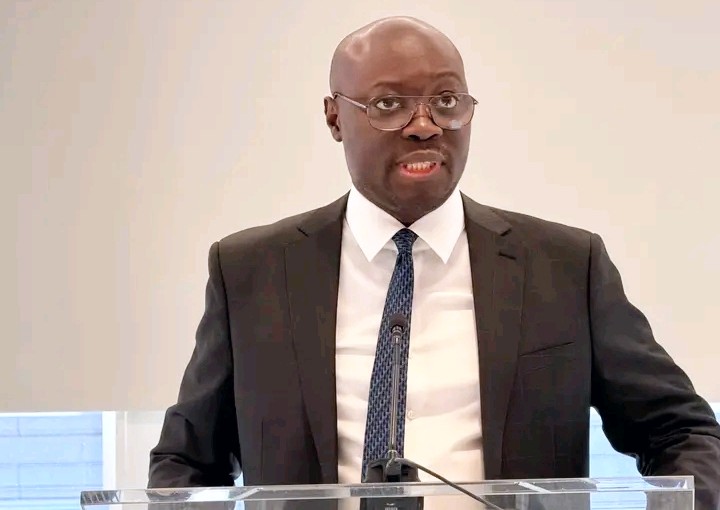
Between October and December 2025, the Government of Ghana plans to borrow GH¢75.7 billion from the domestic market. This is part of a plan to pay for household commitments and meet financial demands.
The domestic capital market is under pressure from large domestic borrowing since more issuance might push out private-sector borrowing and increase yields on Treasury bills and bonds.
It represents continuous financial strain, which is why raising such a large sum of money domestically is necessary to obtain external finance.
The yields may need to be competitive in order to draw in investors and savers. The action may have broader economic effects on interest rates.
Analysts pointed out early in 2025 that the government was primarily using its previous domestic borrowing to pay off existing debt rather than making new investments.
Ghana has been working under pressure to make fiscal adjustments and restructuring its debt.
Given Ghana’s history of high inflation and currency risk, monetary policy and inflation expectations may potentially be impacted by a rise in domestic borrowing.
SMEs Behind The Strong Growth Of The Economy— Finance Minister
Currency and inflation will be affected, according to Finance Minister Cassiel Ato Forson. Increased domestic borrowing, he argued, might impact the stability of the cedi or, if left unchecked, raise inflation.
Use Of Funds:
Longer-term growth consequences will be impacted by whether the borrowing is primarily for debt payment or for productive investment.





